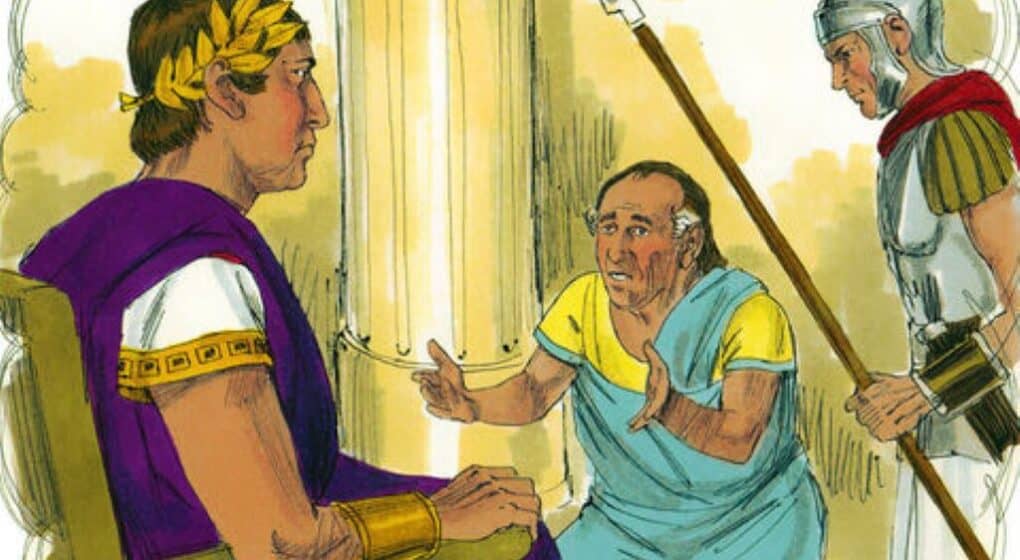
“Forgiveness is not merely difficult for us. . . . Forgiveness is also difficult for us to grant. . . . We who live only by the mercy of God every second of our lives fail to be kind, merciful, generous, gracious, and forgiving every day. [The Parable of the Unforgiving Servant], then, is an arrow pointed directly at our own hearts.”- Timothy Keller
“Peter’s question was misconceived; if one is still counting . . . one is not forgiving.”- R. T. France, The Gospel of Matthew
As Timothy Keller continues Chapter 1 of Forgive, he takes a detailed look at The Parable of the Unforgiving Servant.
The offense. Within the framework of the story, Pastor Keller observes, the king didn’t extend a business or personal loan to the servant. Because no real-life king would have loaned such a large amount.
Hence, Tim posits, Jesus deliberately intends to point to something that rends the fabric of earthly reality. The talent represented the greatest unit of currency in the empire. Also, ten thousand = the highest number for which the Greek language had a word.
The request. When the servant fell on his knees, that signaled deep emotion, real sorrow for his wrongdoing. Thus, he expressed regret and offered to make restitution.
The release. The Greek word for ‘patience’ is makrothumeo, which literally means to be slow to boil or melt. Therefore, the word hints at the cost of forgiveness. So, when you forgive you remove the cost of wrongdoing from the perpetrator to you. Rather than retaliate, you make the choice to bear the cost.
The new offense. When the now-forgiven servant meets a second servant who owes him money, the forgiven servant refuses to extend the mercy the king showed to him. As a result, he throws the second servant in prison.
The verdict. In conclusion, Pastor Keller counsels:
“God created us and sustains our lives every second — so we owe him supreme love, dependence, and obedience, but we do not give this to him. There is not a person on earth who does not receive the mercy of God in some way (cf. Psalm 145). Yet the way we treat other human beings falls infinitely short of the generous mercy with which God treats us.”
Today’s question: Do you see this parable as an arrow pointed directly at your own heart? Please share.
Tomorrow’s blog: “Forgiveness failure – an account”

